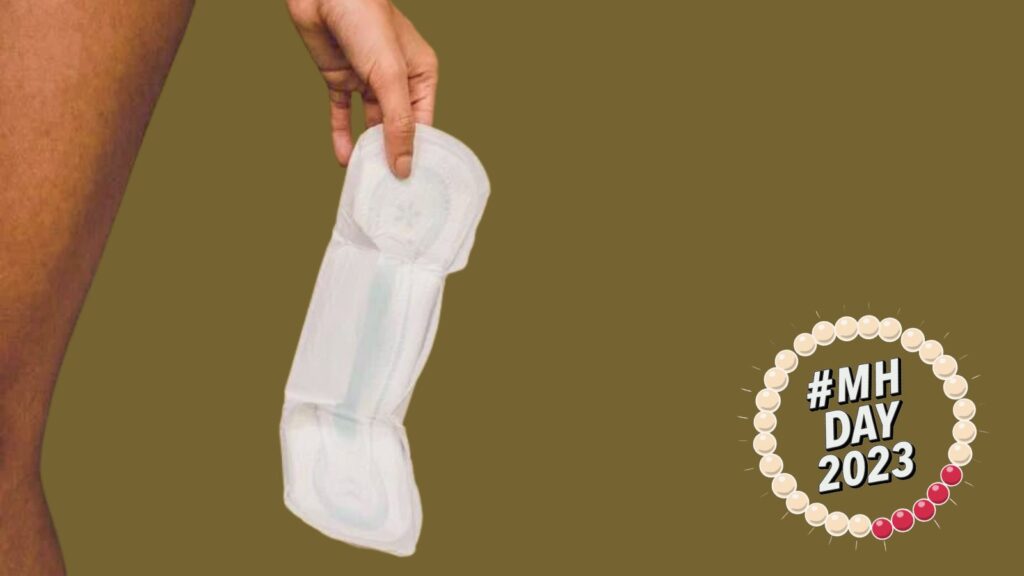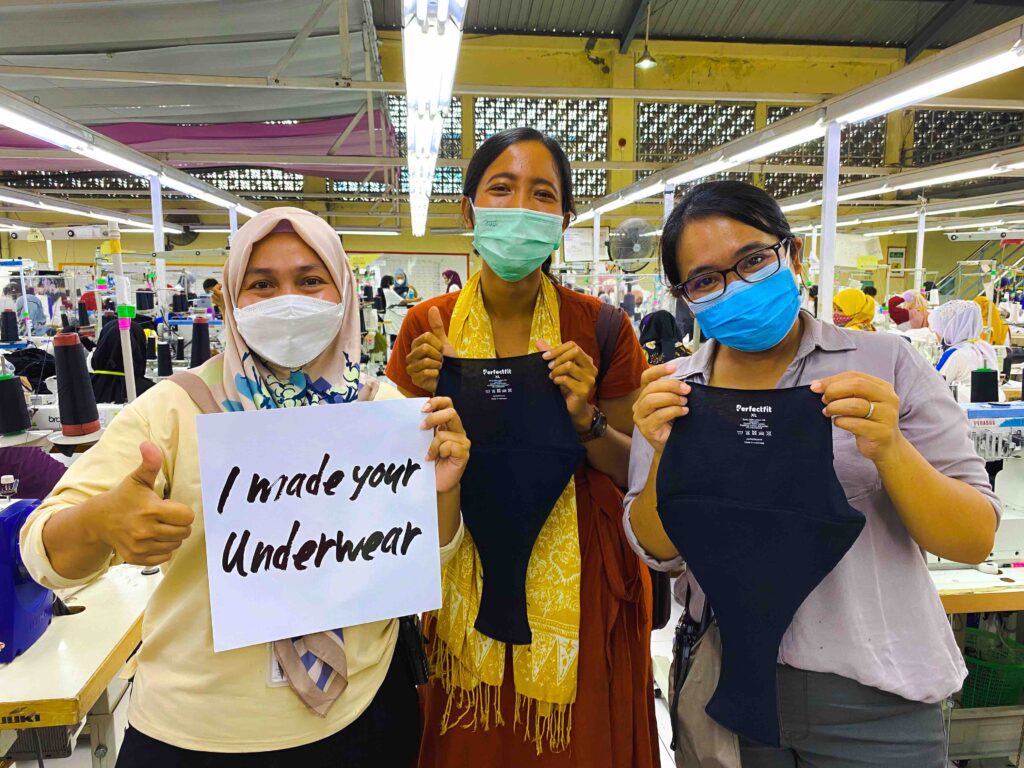Multifaceted nature of period poverty: exploring the Disparities and Challenges Faced by Menstruators.
Period poverty is a pervasive issue that affects millions of individuals worldwide, hindering their ability to manage menstruation with dignity. In Asia, the impact of period poverty varies significantly between urban and rural areas. Drawing on experiences from Indonesia, Malaysia, and Singapore, we delve into the unique challenges faced by menstruators in different settings and shed light on the urgent need for targeted interventions.
RELEVANT SUSTAINABLE GOALS
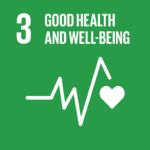
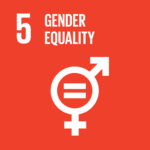
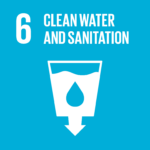
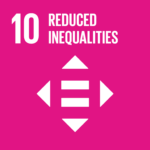
Indonesia: A Tale of Stark Disparity
Indonesia, with its vast population and stark urban-rural divide, exemplifies the multifaceted nature of period poverty. A study conducted by John Hopkins University and Gajah Mada University revealed that 22% of women surveyed lacked access to menstrual hygiene management, encompassing both product availability and education. In rural areas, such as Eastern Nusa Tenggara province, the challenges intensify. Limited infrastructure, including no running water or toilets, forces menstruators to travel long distances to purchase period products from small kiosks. The lack of options in these remote areas contributes to health risks, as women resort to makeshift solutions that may lead to infections or allergic reactions.
Urban Complexities: Malaysia’s Overcrowding Issue
In Malaysia, the battle against period poverty presents a different landscape. While poverty exists in both rural and urban areas, the urban setting poses unique challenges. Overcrowding becomes a significant obstacle, as urban dwellers, particularly from the economically disadvantaged B40 group, face limited privacy and inadequate space for managing menstruation. Sharing communal toilets with numerous individuals and the absence of suitable facilities for washing and drying exacerbate health concerns. Additionally, the stigma surrounding menstruation compounds the mental health burden borne by menstruators in urban areas.
Singapore’s Unseen Struggle
Singapore, a bustling cosmopolitan city, confronts its own invisible crisis of period poverty. SingStat, a government study, revealed that the bottom 20% of households spend more than their earnings. This alarming finding raises concerns, as families with multiple menstruators struggle to cope with the high costs of menstrual products. Despite its developed status, Singapore has overlooked the issue of period poverty, leaving vulnerable communities resorting to unsanitary alternatives like using drugs or toilet paper mixed with unsuitable materials. This not only exposes them to infections but also increases their financial burdens due to additional medical costs.
Addressing the Challenges: Bridging the Gap
The diverse challenges faced by menstruators in different settings highlight the need for tailored solutions. A one-size-fits-all approach is ineffective when the disparities in access, infrastructure, and cultural norms are considered. NGOs and initiatives, like “Go With The Flow,” have emerged to bridge this gap, striving to reach those in need and provide essential menstrual products. These efforts aim to raise awareness, combat stigma, and improve access to adequate facilities and education.
Bringing Back the Kampong Spirit
Singapore’s history as a Kampong, or small village, serves as a reminder of the power of communal support. Go With The Flow seeks to reconnect people with the spirit of togetherness and compassion that characterized those close-knit communities. By encouraging community members who are more fortunate to contribute to donation boxes strategically placed across the island, the initiative collects resources that are then redistributed to those in need. This grassroots approach ensures that support remains localized, creating a sense of belonging and mutual assistance.
Suci Cup: Breaking Stigma, Spreading Education
Suci Cup, understands that poverty extends beyond economic disparities. They believe in debunking myths and providing education to combat stigma and taboos surrounding menstruation. By challenging traditional beliefs passed down through generations, Suci Cup aims to break the cycle of misinformation. Recognizing the importance of education and awareness, they bridge the gap between health experts, advocates, researchers, and the general public. Through content creation, collaborations with medical professionals, and engagement with communities in low-income areas, Suci Cup works to ensure that knowledge about menstrual health reaches everyone, regardless of their socioeconomic background.
Perfect Fit: Tailored Solutions for All
Perfect Fit focuses on providing premium, ethical menstrual products tailored to diverse communities. Recognizing that different biological, social economy and life stages require customized solutions, Perfect Fit offers a range of options. From teenagers, young adults, and menopausal women, they adapt their products and educational materials to suit specific needs. The “Buy One Get One” model implemented by Perfect Fit not only provides high-quality products but also helps fight period poverty by ensuring that each purchase contributes to supporting those in need.
Period poverty is a pervasive issue that affects millions of individuals worldwide, hindering their ability to manage menstruation with dignity. In Asia, the impact of period poverty varies significantly between urban and rural areas. Drawing on experiences from Indonesia, Malaysia, and Singapore, we delve into the unique challenges faced by menstruators in different settings and shed light on the urgent need for targeted interventions.
The many faces of period poverty in Asia reveal a complex tapestry of challenges, from infrastructural limitations in rural areas to overcrowding and societal taboos in urban environments. Tackling period poverty requires comprehensive solutions that address the specific needs of each community. By fostering dialogue, supporting local initiatives, and advocating for policy changes, we can work towards a future where menstruation is not a barrier to dignity, health, and empowerment for all.
You may also be interested in :
Period Power : Five Critical Factors To Break Period Stigma


